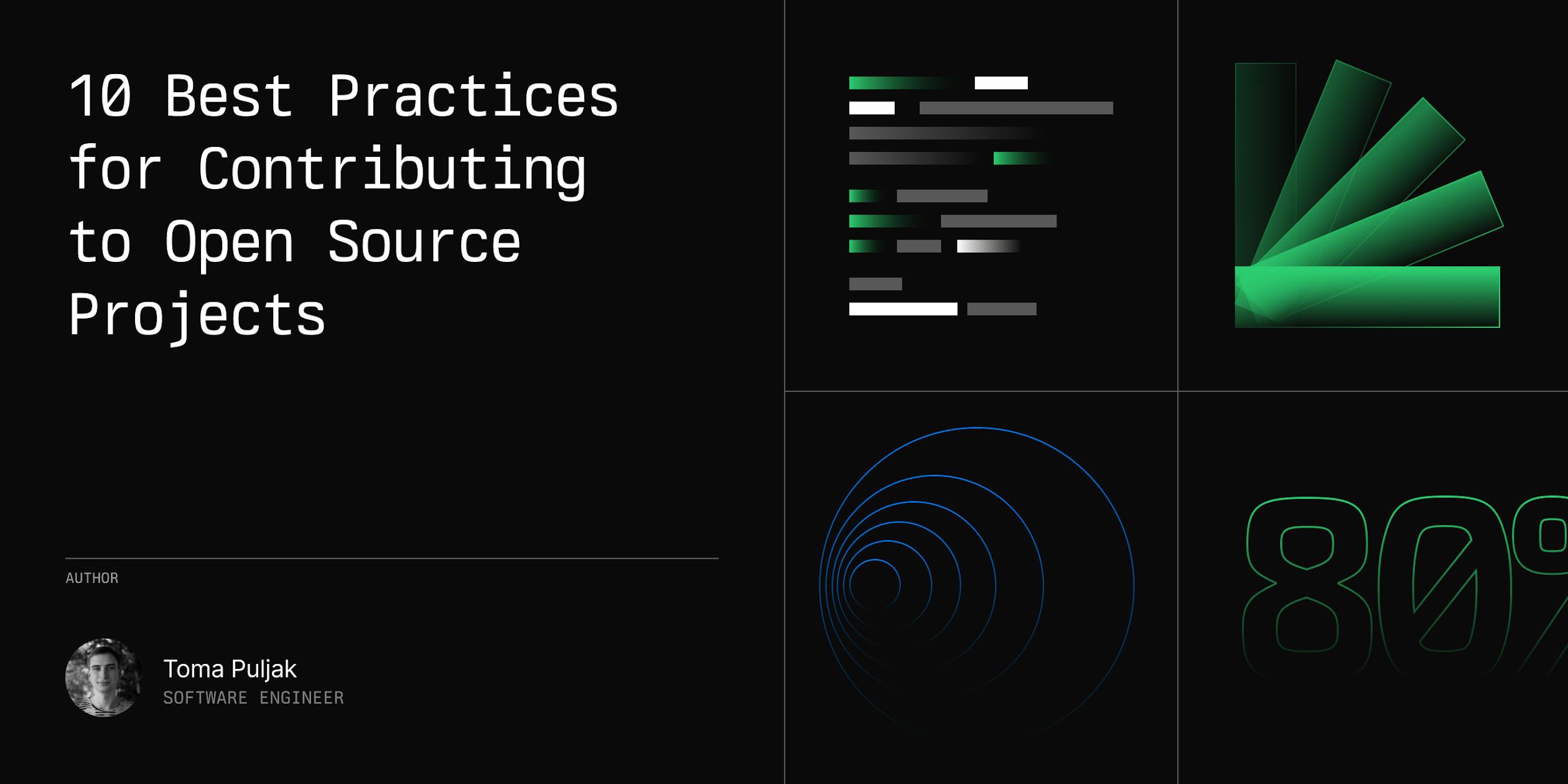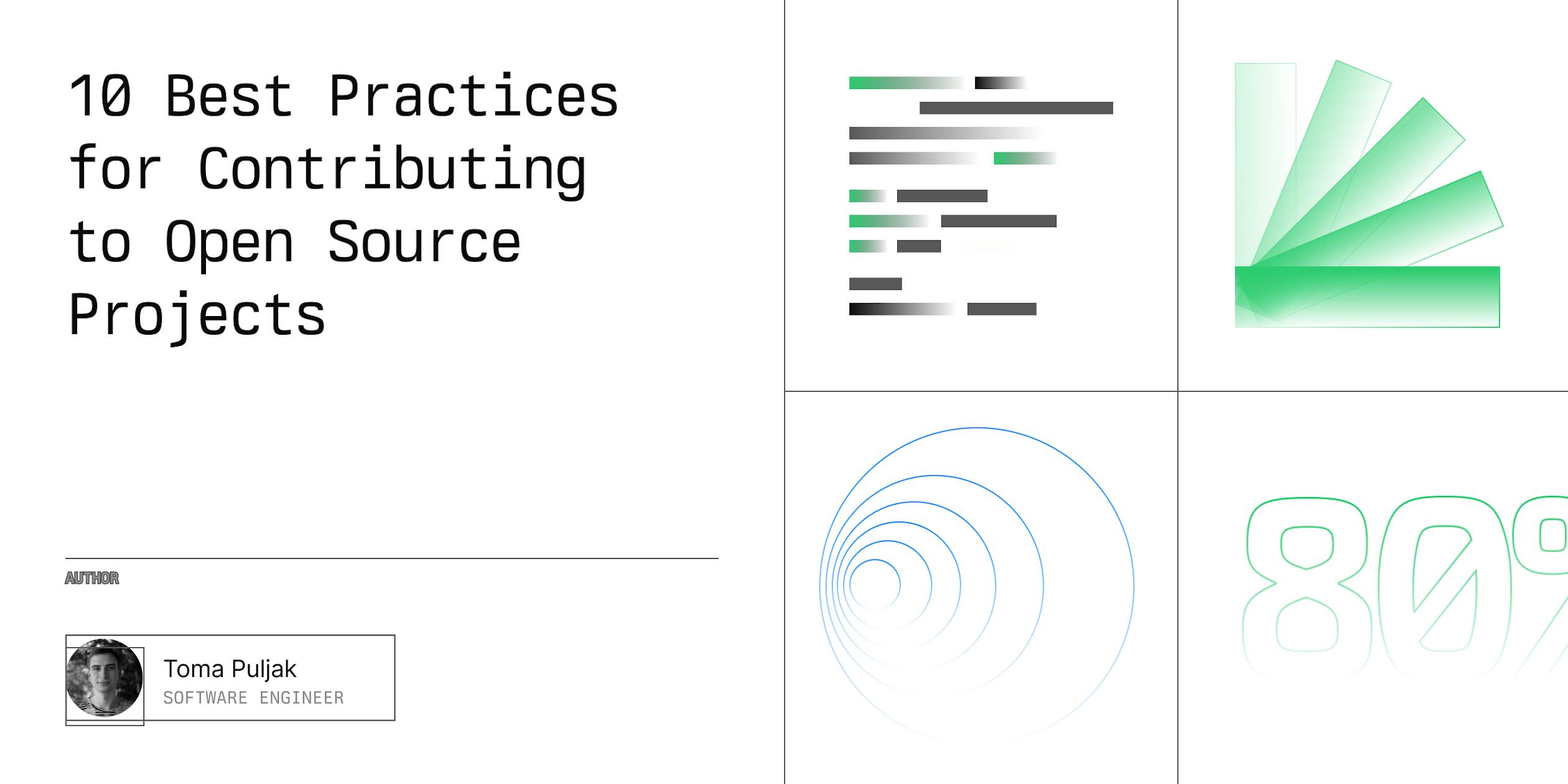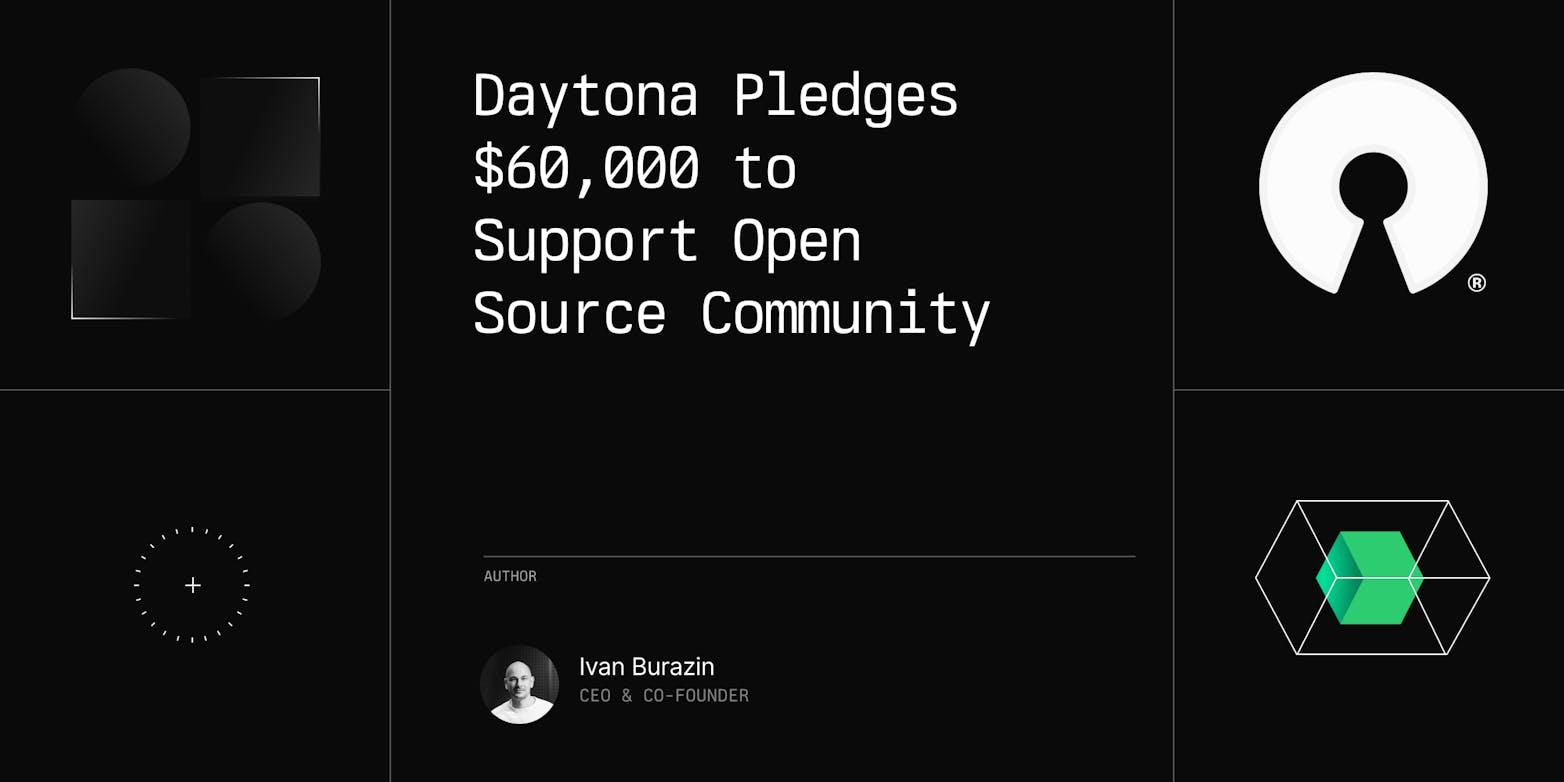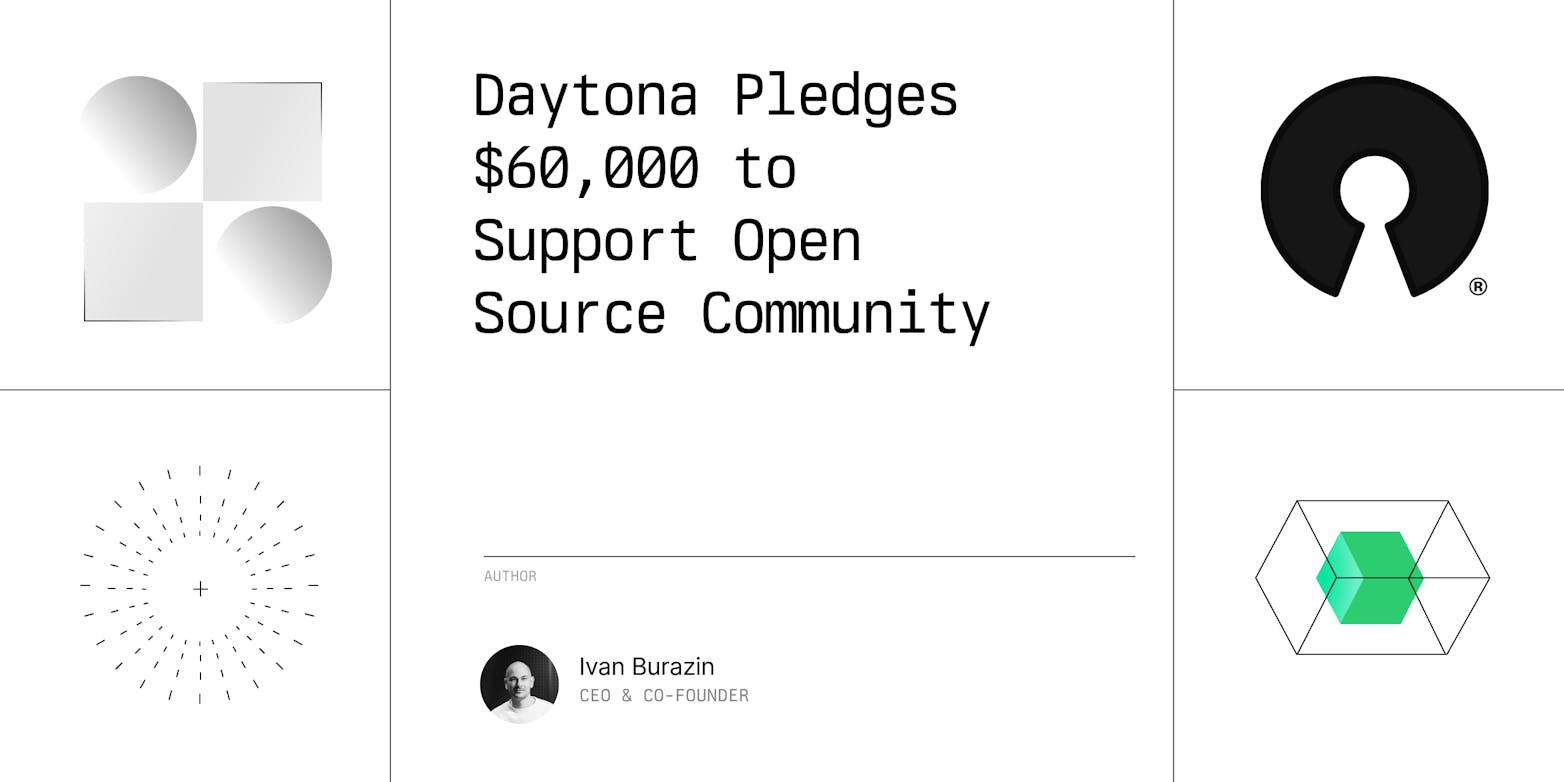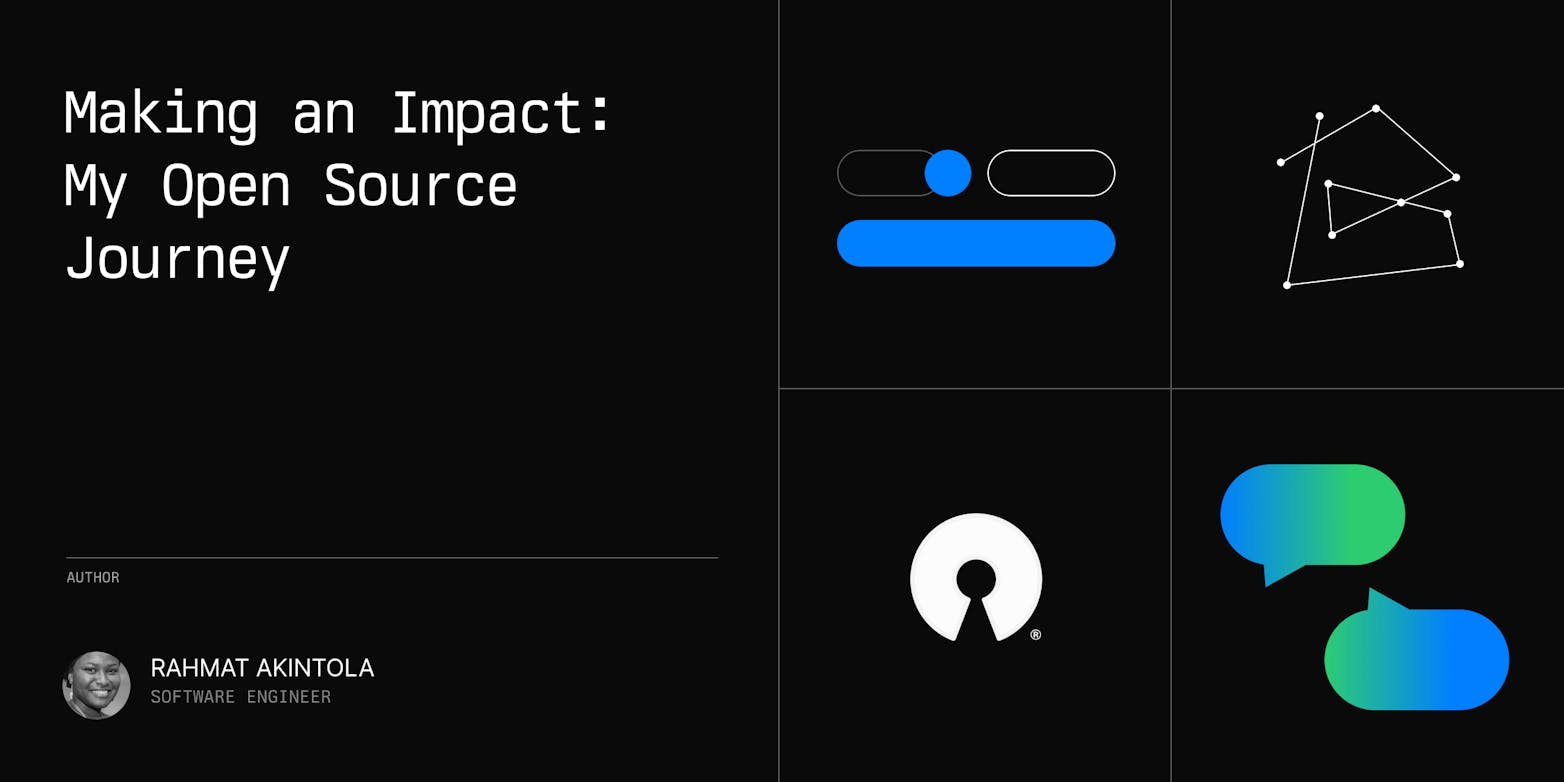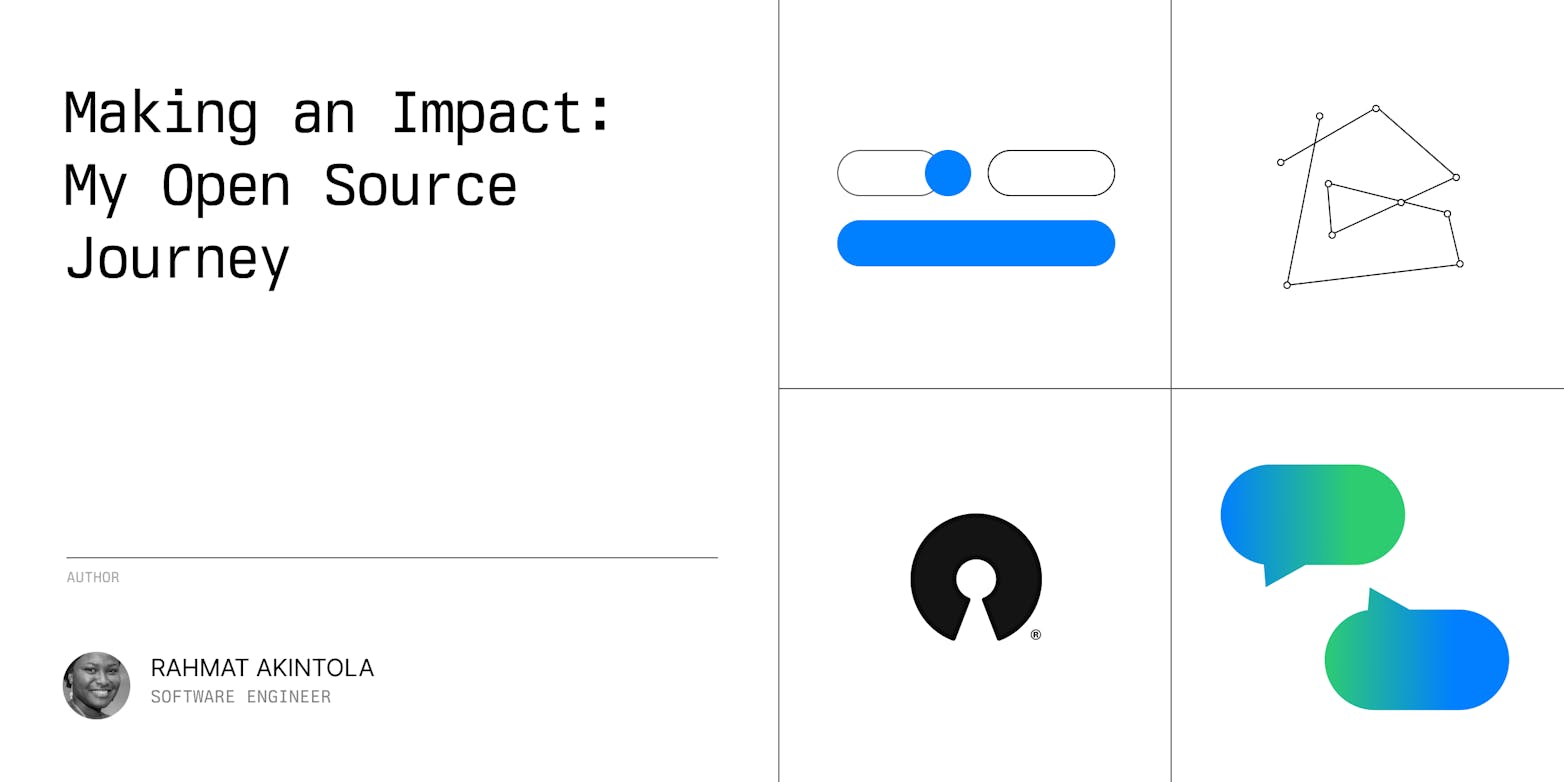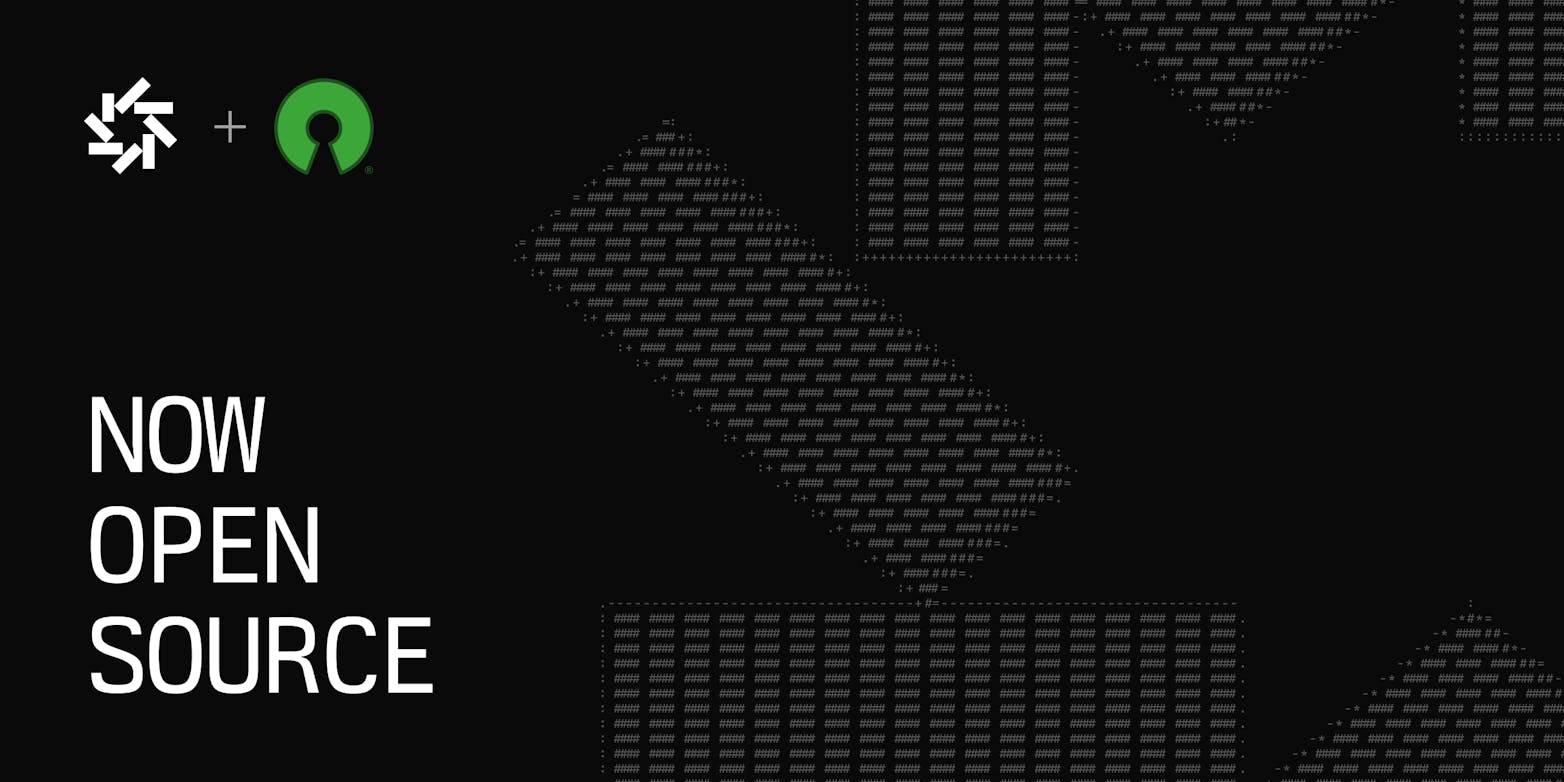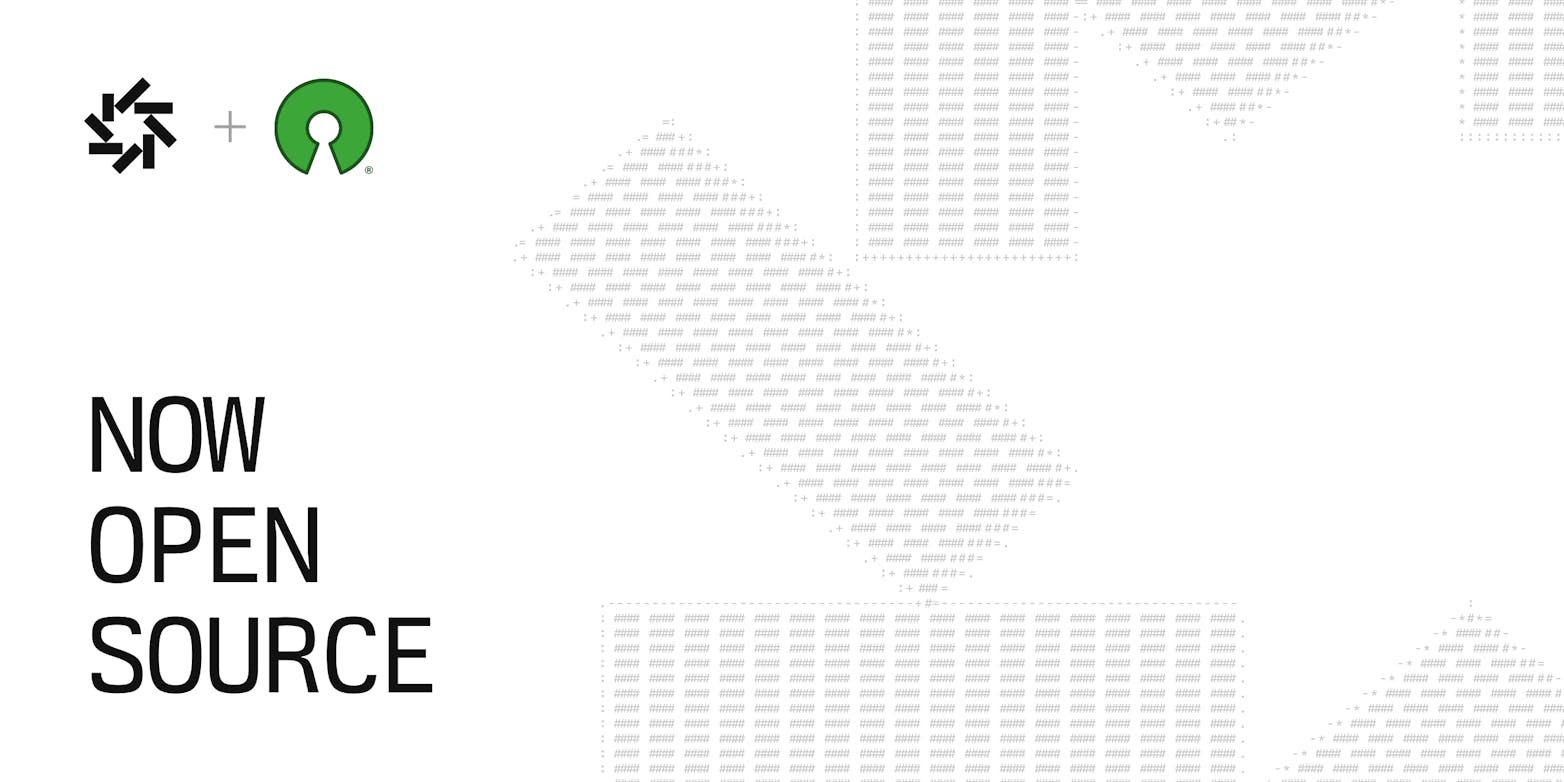Open source projects are the backbone of modern software development, with over 80% of companies using open source code in their products. As a contributor, understanding best practices and etiquette is crucial for making meaningful impacts and fostering a collaborative environment.
This short guide presents 10 essential practices that will help you become a valued and effective contributor to the open source community, ensuring your efforts are both impactful and well-received.
1. Read and Follow the Contributing Guidelines
Before making any contributions, take the time to thoroughly read the project's contributing guidelines. These guidelines outline the project's specific requirements, coding conventions, and submission process. By adhering to these guidelines, you demonstrate respect for the project maintainers and ensure that your contributions align with the project's goals and standards. For example, Daytona provides excellent contributing guidelines and code of conduct.
2. Understand the Project's Scope and Purpose
Familiarize yourself with the project's scope, purpose, and overall architecture. Take the time to explore the codebase, read the documentation, and understand how the various components interact. Join community channels like forum, Discord or Slack (example Daytona Community Slack) to engage with maintainers and fellow contributors. This knowledge will help you make informed decisions when proposing changes and ensure that your contributions are relevant and beneficial to the project.
3. Reproduce and Investigate Issues
When addressing an issue, start by reproducing the problem in your local development environment. Investigate the root cause of the issue and gather relevant information. This process helps you gain a deeper understanding of the problem and enables you to propose effective solutions.
When reporting problems, provide clear, concise information including:
Steps to reproduce
Expected behavior
Actual behavior
Relevant system information or error logs
4. Create a New Branch for Your Changes
When working on a fix or a new feature, create a new branch specifically for your changes. This practice keeps your work separate from the main branch and allows for easier collaboration and review. Choose a descriptive branch name that reflects the purpose of your changes.
Follow a clear naming convention, such as:
fix-issue-123for bug fixesfeature/new-feature-namefor new features
5. Make Focused and Incremental Changes
Aim to make focused and incremental changes in your PRs. Each PR should address a single issue or implement a specific feature. Avoid bundling unrelated changes together, as it makes the review process more challenging and increases the likelihood of conflicts. By keeping your changes focused, you make it easier for maintainers to review and merge your contributions.
A well-structured PR should include:
A clear, descriptive title
A concise description of the changes
Relevant screenshots or test results
Links to related issues or discussions
6. Test Your Changes Thoroughly
Before submitting a PR, ensure that your changes are thoroughly tested. Run the project's test suite, if available, and manually verify that your modifications work as intended. Consider testing on different platforms, browsers, or environments if applicable. Provide clear instructions on how to reproduce the issue and test your changes. Include relevant screenshots, screen recordings, or any other supporting evidence that demonstrates the effectiveness of your solution.
7. Write Clear and Concise Commit Messages
Craft clear and concise commit messages that accurately describe the purpose of your changes. Follow the project's commit message conventions, if specified. A well-written commit message helps reviewers understand the intent behind your modifications and facilitates the review process.
A good commit message typically includes:
A brief summary (50 characters or less)
A more detailed explanation, if necessary
References to relevant issues or PRs
8. Engage in Constructive Communication
When engaging with the project community, maintain a respectful and constructive tone. Be open to feedback and suggestions from maintainers and other contributors. If there are disagreements or concerns, address them professionally and seek to find common ground. Remember that everyone is working towards the same goal of improving the project.
9. Respect the Work of Others
Respect the work and contributions of other contributors. Avoid copying code or descriptions from existing PRs without proper attribution or permission. If you find inspiration from someone else's work, acknowledge their efforts and clearly differentiate your own changes. Plagiarism and intellectual property violations are strictly prohibited in open source communities.
If you're inspired by someone else's work:
Clearly cite the original source
Explain how your work builds upon or differs from the original
Obtain permission when necessary, especially for larger code portions
10. Be Patient and Responsive
Understand that maintainers and reviewers have limited time and may not be able to respond to your PR immediately. Be patient and respectful of their schedules. If your PR requires changes or additional information, be responsive to the feedback provided. Engage in constructive discussions and work collaboratively to address any concerns or suggestions.
Be patient while waiting for responses, but remain engaged:
Politely follow up after a reasonable time (e.g., 1-2 weeks)
Promptly address feedback or requests for changes
Keep your PR updated with the latest changes from the main branch
Conclusion: Building Skills, Relationships, and Community through Open Source Contributions
Contributing to open source projects is a rewarding journey that enhances your skills, expands your network, and positively impacts the software community. By following these best practices, you'll not only improve the quality of your contributions but also foster a welcoming environment for all participants. Remember, successful open source contribution is as much about building relationships as it is about writing code. Share your experiences, learn from others, and enjoy being part of something greater than yourself.
We'd love to hear about your open source contribution experiences. What challenges have you faced, and what tips would you add to this list? Share your thoughts in our community Slack!
Join the Daytona Community
Be part of a supportive Slack community passionate about this industry-wide shift toward standardized development environments.

